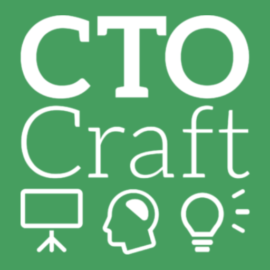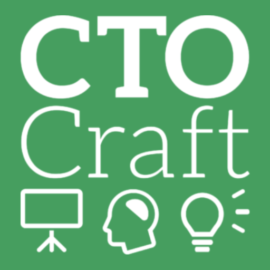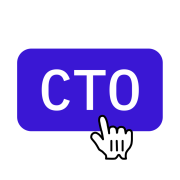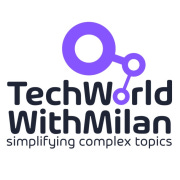🍉 Tech Coordination, Intuitive Leaders, Hiring Juniors, Progression Frameworks, Tech Debt at Scale, CI/CD Attacks: TMW #431
Hello, hello, hello - it's Monday!
As a technology leader, you should already know that psychological safety and trust are crucial for high-performing engineering teams. Google's Project Aristotle highlighted psychological safety as the most important dynamic of effective teams, meaning engineers must feel secure to voice concerns, question assumptions, and experiment - a necessity in complex and ever-changing software development. This allows for quicker problem identification, continuous improvement, and innovation; teams lacking this safety often play it safe, leading to missed opportunities and technical debt. Building this kind of environment requires strong leadership, including modelling vulnerability, active listening, and constructive responses to mistakes, emphasising blameless post-mortems, and celebrating calculated risks and those who challenge the status quo.
We collaborated with the brilliant Michelle McDaid to put together a vital guide to what trust means to the success of a team - you can see the article here, and we'll be chatting with Michelle live on July 10th to dig even deeper into the topic.
Have a great week! On with the links...
Andy @ CTO Craft
PS: Are you a member of the CTO Craft Slack community? If not, leave us your details here and we'll get you added - it's well worth it

CTO Craft Events
Here are all the upcoming CTO Craft Con events, along with your exclusive access code for discounted subscriber tickets - see you soon
- CTO Craft Con: Toronto - Access Code: Community-Toronto-25
- CTO Craft Con: Berlin - Access code: Community-Berlin-25
- CTO Craft Con: The Finance Edition - Pre-registration now open
- CTO Craft Con: London 2026 - Pre-registration now open

Want to meet other TMW subscribers and CTO Craft Community members in your city? See all upcoming Mixers in cities around the world here.
Reads of the Week
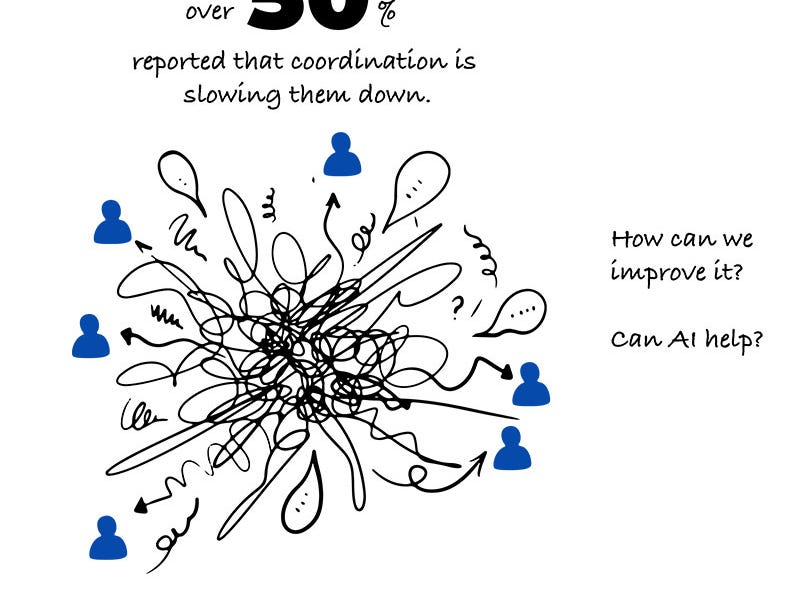
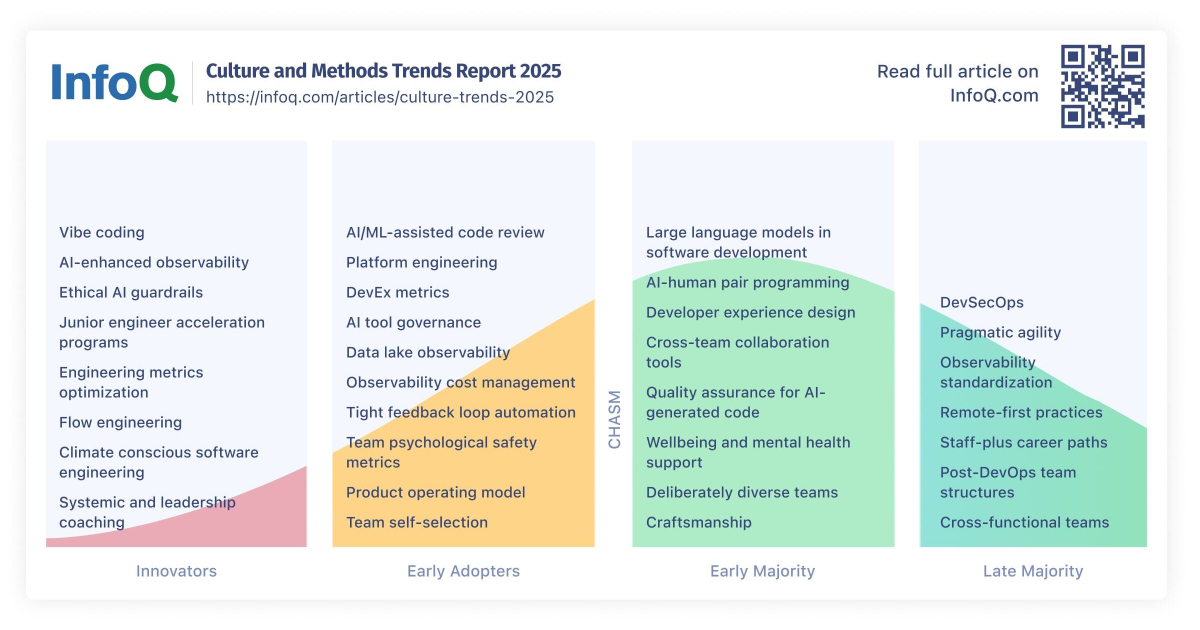
From our Sponsors
Workshop: A deep dive into the technical underpinnings of Bufstream
Cheaper Kafka with direct writes to S3 seem to be a dime a dozen these days. But Bufstream isn't just another managed Kafka service. With its Broker-side Schema Awareness, Bufstream eliminates bad data at the source, ensuring that the data your company receives will always match the appropriate schema and adhere to any semantic constraints.
Join our interactive workshop on May 29: "Schema-Driven Governance for Streaming Data" for a deep dive into the technical underpinnings of Bufstream and the capabilities that become available when you understand the shape of your streaming data.
If you're interested in sponsoring TMW or any of our events, drop us a line at partners@ctocraft.com.
Leadership, Strategy & Business




Culture, People & Teams
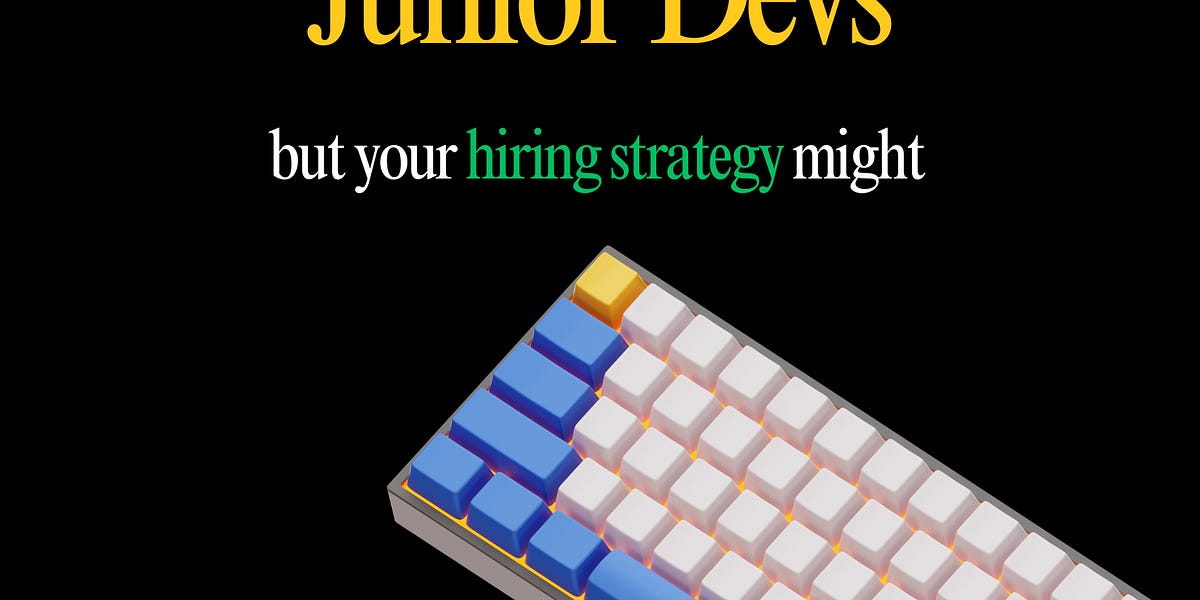


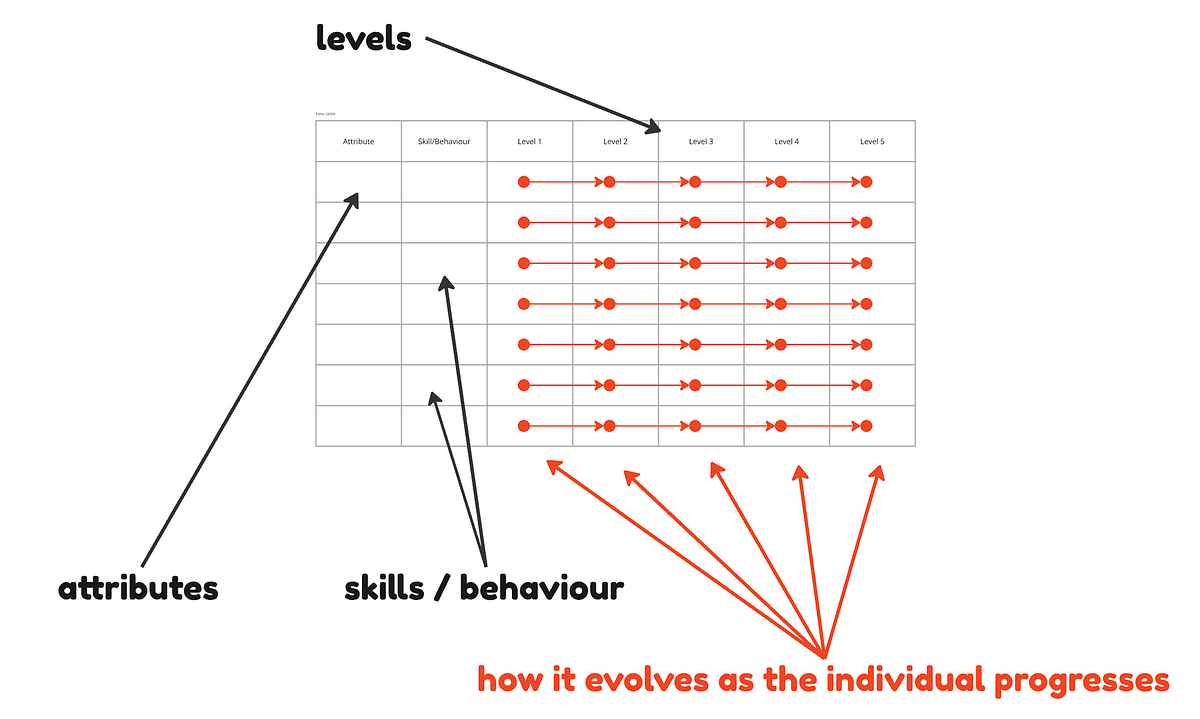
Technology, Operations & Delivery
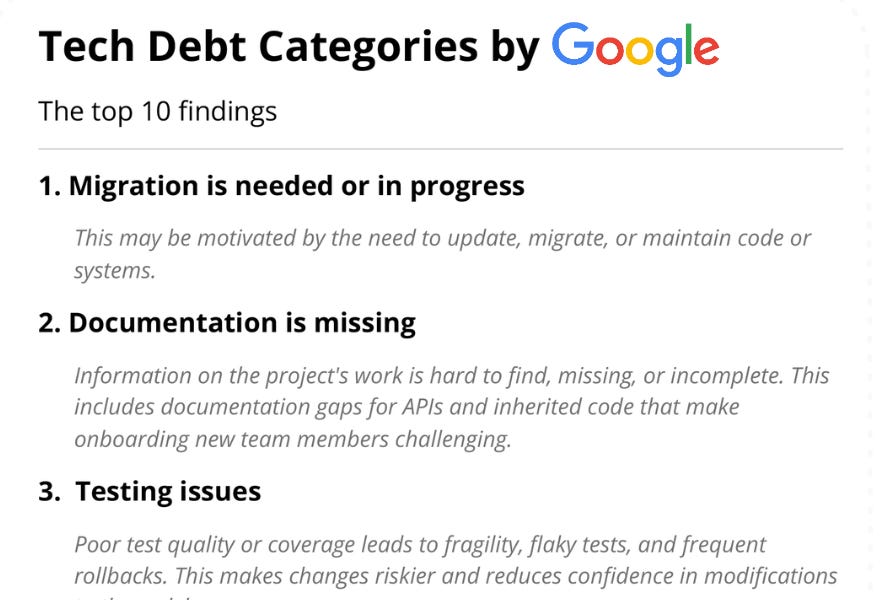
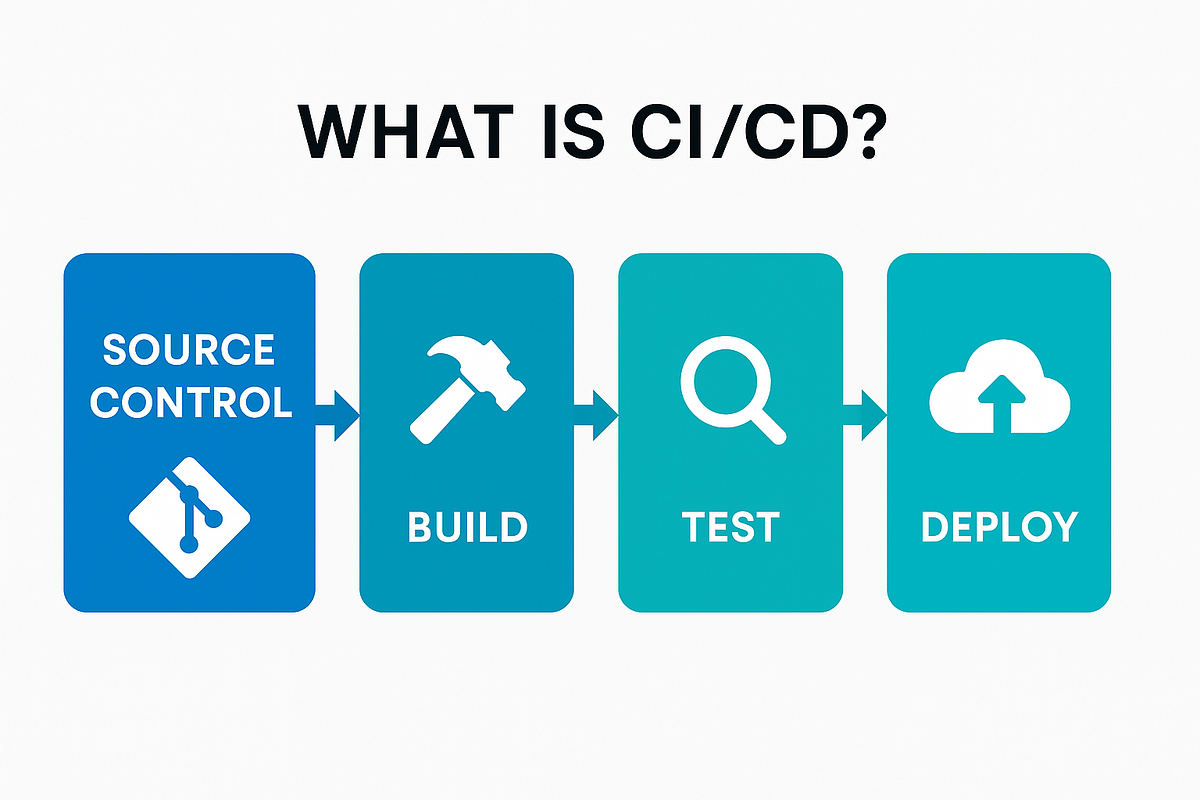

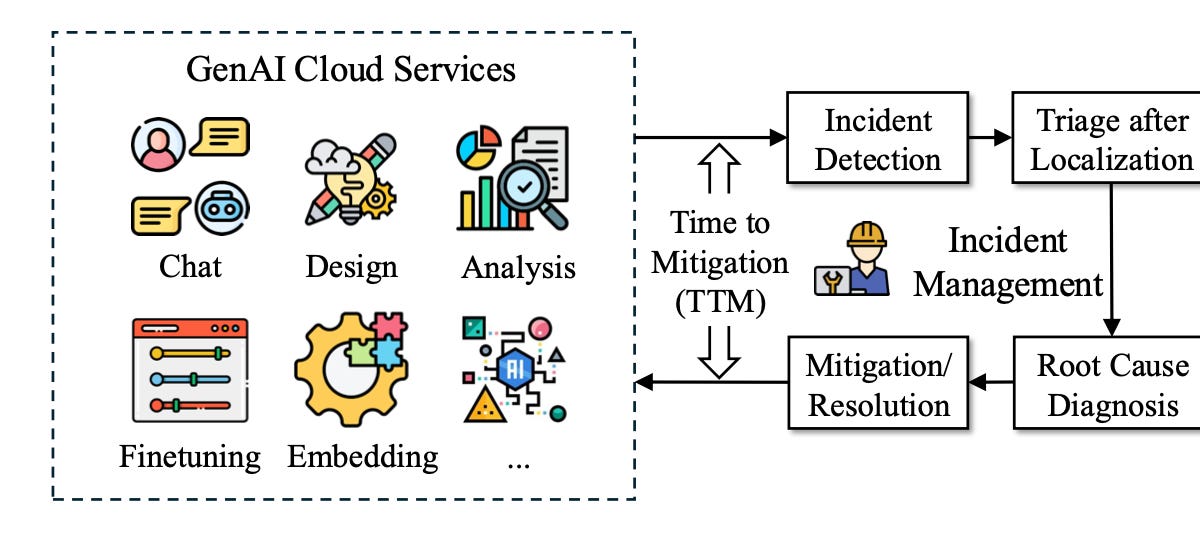
Stress, Wellbeing & Growth

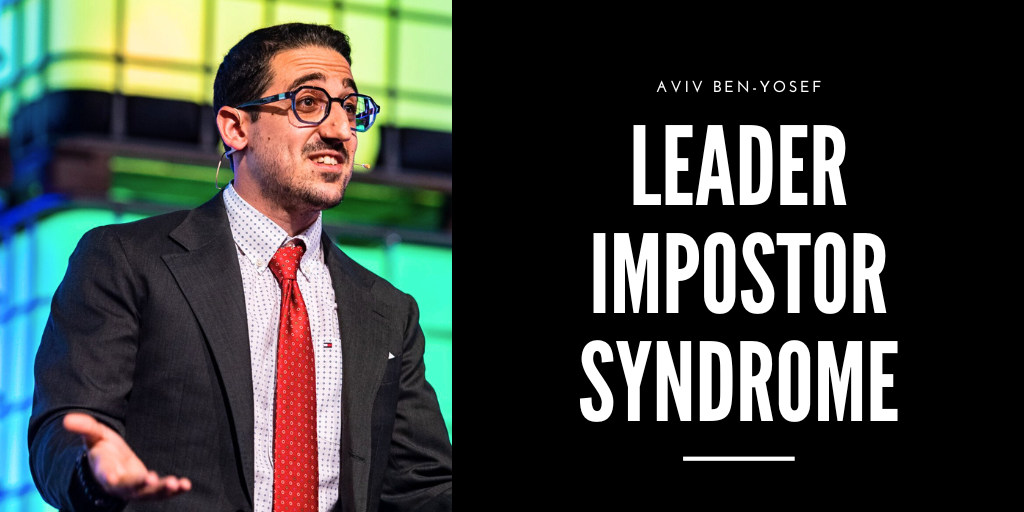
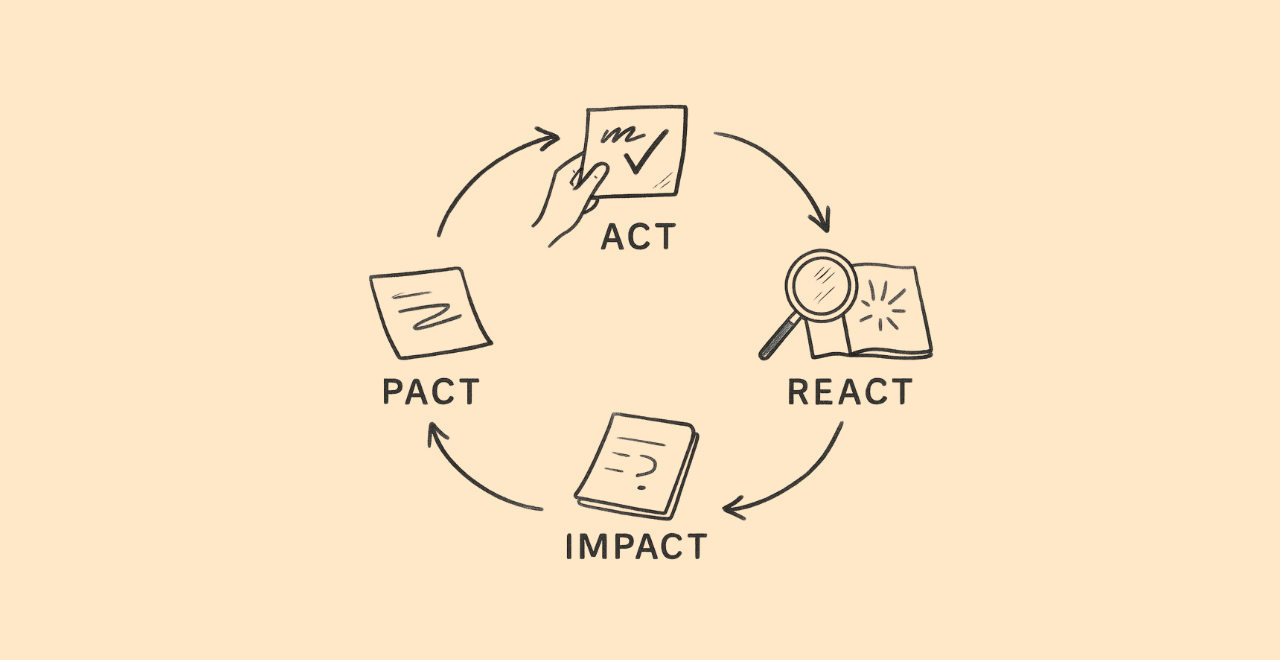

That’s it!
If you’d like to be considered for the free CTO Craft Community, fill in your details here, and we’ll be in touch!
https://ctocraft.com/community
Please do remember to share this link if you know of anyone who’d like to receive TMW:
Have an amazing week!
Andy

